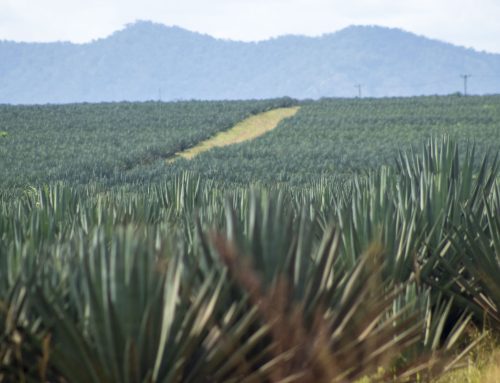In Tanzania, the transition to sustainable energy sources is not just a matter of environmental conservation—it’s also about empowering communities and driving inclusive development. At the forefront of this movement is the Centre for Biofuel Production and Cooking Technology Promotion (Biofuel Centre), a pioneering institution dedicated to promoting the adoption of bioethanol as an alternative cooking fuel. Let’s explore the vital role that the Biofuel Centre plays in Tanzania’s sustainable development journey.
1. Knowledge Sharing and Awareness: The Biofuel Centre serves as a knowledge hub, providing communities with access to information and resources on bioethanol production and utilization. Through workshops, seminars, and educational campaigns, the centre raises awareness about the benefits of bioethanol as a clean, renewable cooking fuel, empowering individuals to make informed choices about their energy use.
2. Capacity Building and Technical Support: In addition to raising awareness, the Biofuel Centre offers technical support and capacity-building services to stakeholders interested in implementing bioethanol projects. From providing training programs to offering advisory services, the centre equips communities and organizations with the knowledge and skills they need to successfully transition to bioethanol cooking solutions.
3. Research and Innovation: Research and innovation are central to the Biofuel Centre’s mission, driving advancements in bioethanol production technology and stove efficiency. By collaborating with research institutions, industry partners, and government agencies, the centre supports research initiatives aimed at improving biofuel production processes, enhancing stove performance, and addressing any challenges associated with adoption.
4. Economic Opportunities and Rural Development: Through the promotion of bioethanol production from agricultural residues or energy crops, the Biofuel Centre creates economic opportunities for farmers and stimulates rural development. By investing in bioethanol infrastructure and technology, the centre generates jobs and income opportunities in the renewable energy sector, contributing to poverty reduction and economic growth in rural communities.
5. Advocacy and Policy Engagement: The Biofuel Centre also plays a vital role in advocating for supportive policies and regulations that promote the adoption of bioethanol as a sustainable cooking fuel. By engaging with policymakers and stakeholders at the local, national, and international levels, the centre works to create an enabling environment for biofuel development and adoption, driving systemic change and accelerating Tanzania’s transition to sustainable energy.
In summary, the Biofuel Centre is a catalyst for change, empowering communities, driving innovation, and promoting sustainable development across Tanzania. Through its multifaceted approach, the centre is laying the groundwork for a greener, more inclusive future, where clean cooking solutions are accessible to all and contribute to a brighter tomorrow for generations to come.




